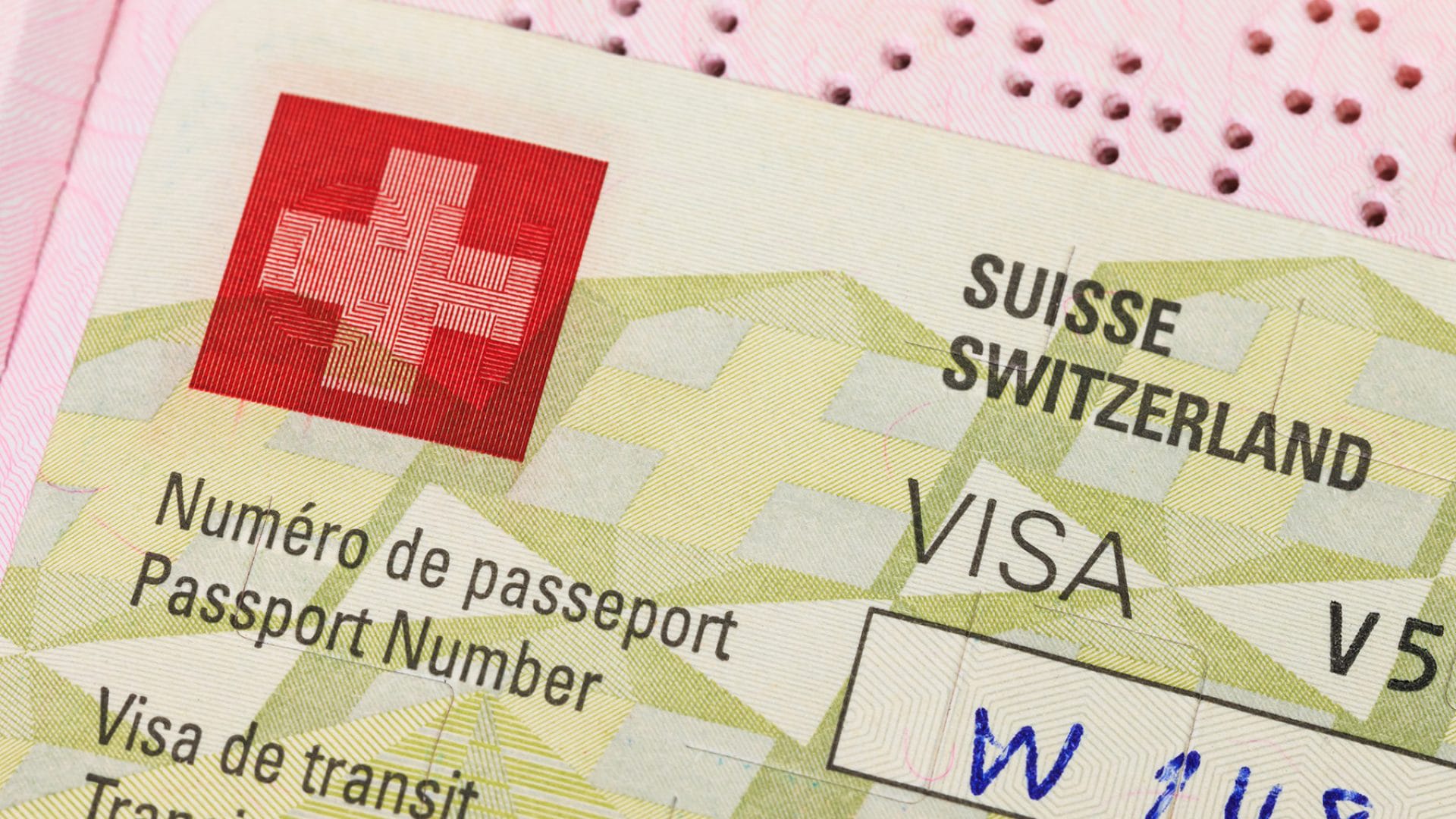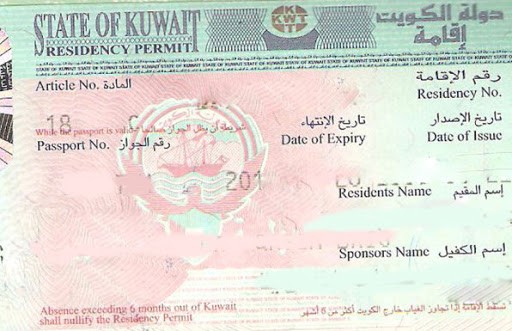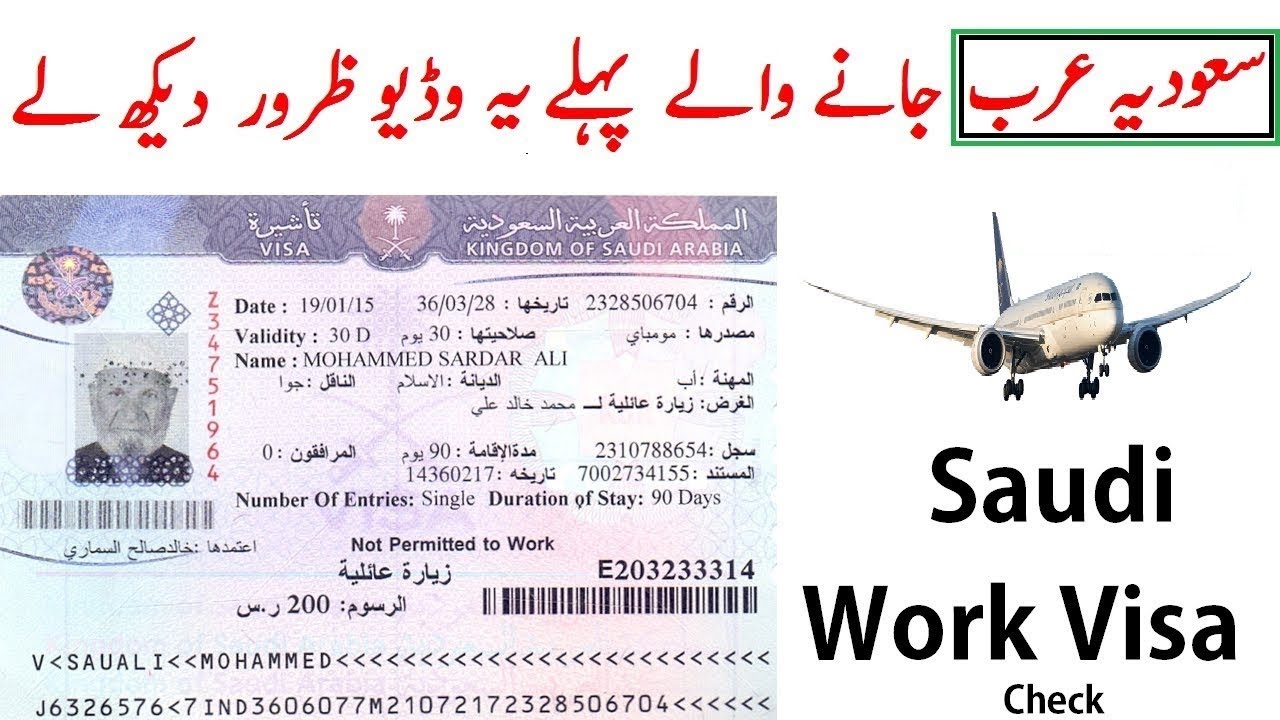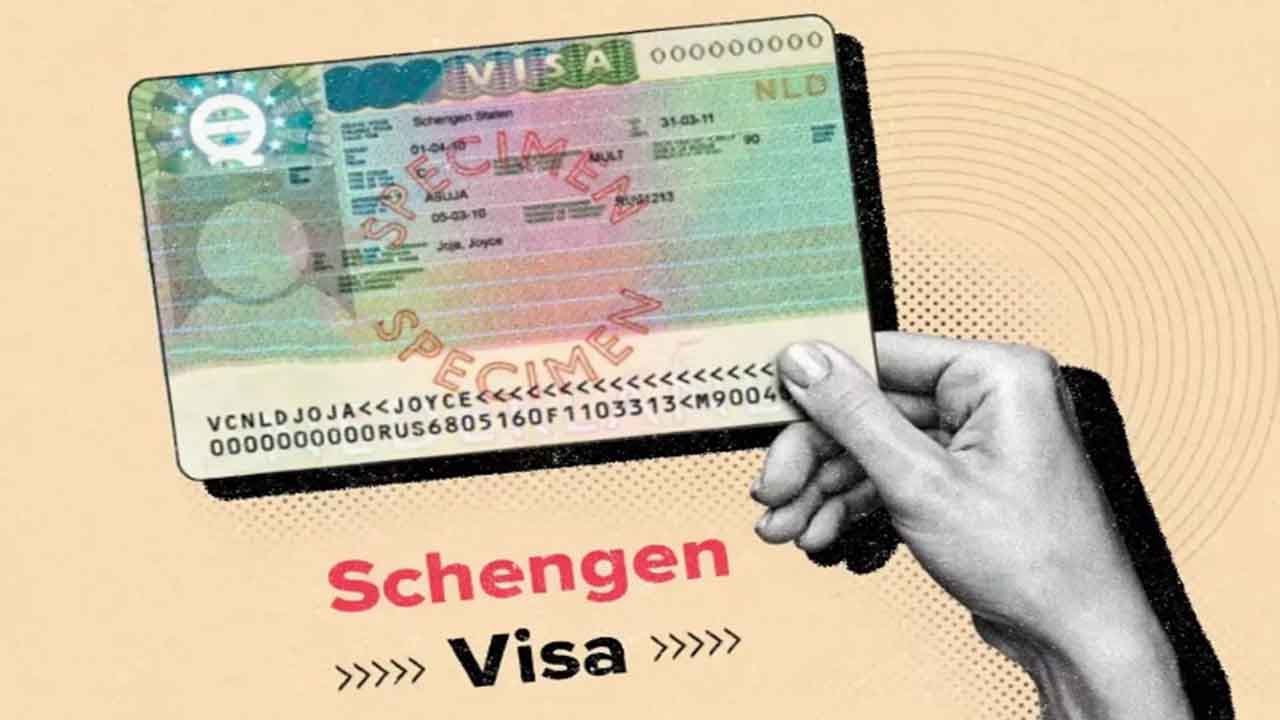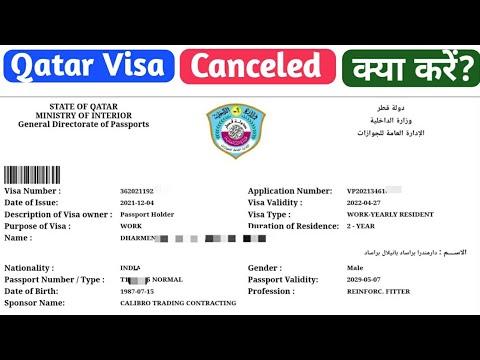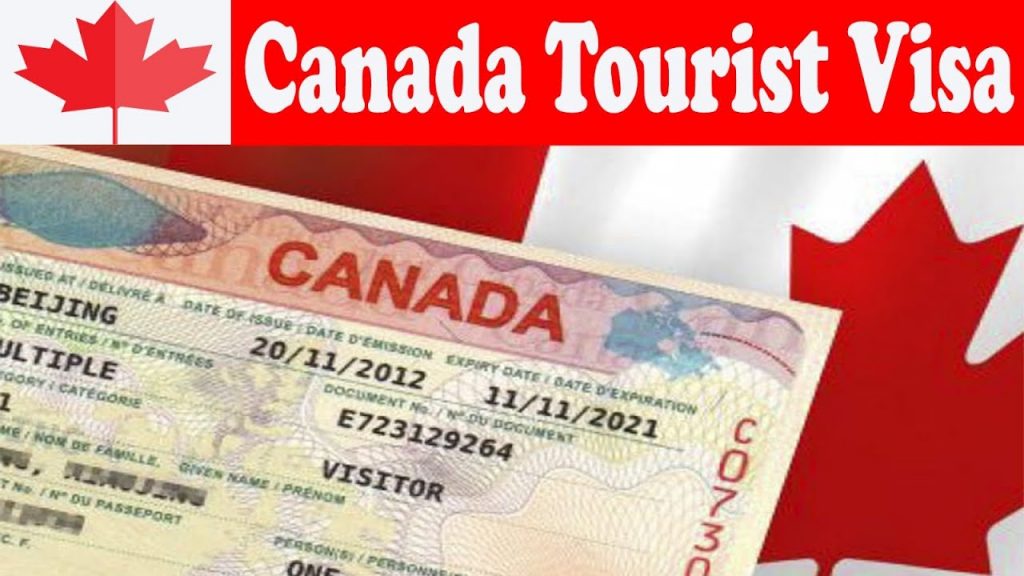Introduction: Why Work in Switzerland?
Switzerland, nestled in the heart of Europe, is renowned for its breathtaking Alps, pristine lakes, and a quality of life that ranks among the world’s highest. Beyond its postcard-perfect landscapes, Switzerland boasts a robust economy, hosting global giants like Nestlé, Roche, and UBS. With a population of 8.7 million and a GDP per capita of $92,000 (2024, IMF), Switzerland offers lucrative career opportunities in finance, pharmaceuticals, technology, and hospitality.
For professionals worldwide, working in Switzerland means competitive salaries, excellent working conditions, and access to a multicultural environment where English, German, French, and Italian coexist. However, securing a work visa in Switzerland is a complex process due to strict immigration policies and quotas, especially for non-EU/EFTA nationals. This guide provides a detailed roadmap to obtaining a Switzerland work visa, covering eligibility, application steps, cultural insights, and practical tips to thrive in this Alpine nation.
Whether you’re a banker eyeing Zurich’s financial hub, a scientist targeting Geneva’s research institutes, or a chef drawn to Swiss hospitality, this guide will help you navigate the visa process and unlock your Swiss career. Let’s get started.
Understanding Switzerland’s Work Visa System
Switzerland’s immigration system is highly regulated, prioritizing EU/EFTA nationals (from the European Union, Norway, Iceland, and Liechtenstein) due to free movement agreements. Non-EU/EFTA nationals, including those from the US, Canada, Australia, or Asia, face stricter requirements and annual quotas. In 2024, Switzerland issued approximately 8,500 work permits for non-EU/EFTA nationals, according to the State Secretariat for Migration (SEM).
Work visas are tied to specific jobs and employers, requiring a job offer before applying. The Swiss government emphasizes hiring local or EU/EFTA talent first, so non-EU/EFTA applicants must demonstrate unique skills or qualifications that cannot be sourced locally.
Key Visa Types for Work
-
L Permit: Short-term work permit (up to 12 months, renewable).
-
B Permit: Residence permit for longer-term employment (1–5 years, renewable).
-
G Permit: For cross-border commuters living in neighboring countries.
-
C Permit: Permanent residence after 5–10 years of continuous residence (rarely granted initially).
Why Switzerland Needs Foreign Workers
-
Skill Shortages: Demand for specialists in finance, IT, and healthcare outstrips local supply.
-
Global Companies: Multinationals require diverse, multilingual talent.
-
Aging Workforce: An aging population creates gaps in sectors like nursing and engineering.
Step-by-Step Guide to Getting a Switzerland Work Visa
Securing a work visa in Switzerland involves careful planning and coordination with your employer. Below, we outline the process for EU/EFTA and non-EU/EFTA nationals, highlighting key steps and requirements.
1. Finding a Job in Switzerland
Before applying for a visa, you need a job offer from a Swiss employer. Switzerland’s job market is competitive, with high demand for skilled professionals in specific sectors.
High-Demand Industries:
a. Finance and Banking
Switzerland is a global financial hub, with Zurich and Geneva hosting banks like Credit Suisse and UBS.
Key Roles:
-
Investment Banker
-
Financial Analyst
-
Compliance Officer
-
Wealth Manager
Requirements:
-
Degree in finance, economics, or related fields.
-
Professional certifications (CFA, CPA) are a plus.
-
Fluency in English; German or French is advantageous.
Salary Range: CHF 80,000–CHF 200,000 annually ($82,000–$205,000 USD).
Watch this Video to learn how to Explore life as a banker in Switzerland
b. Pharmaceuticals and Biotechnology
Home to Novartis and Roche, Switzerland leads in life sciences, particularly in Basel.
Key Roles:
-
Research Scientist
-
Clinical Trial Manager
-
Regulatory Affairs Specialist
-
Biotechnologist
Requirements:
-
Advanced degree (Master’s/PhD) in biology, chemistry, or pharmacology.
-
Experience in clinical research or GMP environments.
-
English fluency; German is a plus.
Salary Range: CHF 90,000–CHF 180,000 annually ($92,000–$185,000 USD).
Caption: Basel’s pharma industry offers cutting-edge opportunities.
c. Technology and IT
Switzerland’s tech scene is growing, with startups and giants like Google in Zurich.
Key Roles:
-
Software Engineer
-
Data Scientist
-
Cybersecurity Expert
-
AI Specialist
Requirements:
-
Degree in computer science or related fields.
-
Proficiency in Python, Java, or C++.
-
English fluency; German/French is helpful.
Salary Range: CHF 85,000–CHF 160,000 annually ($87,000–$164,000 USD).
Caption: Zurich’s tech hubs attract global IT talent.
Video Insight: Learn about working in Swiss tech:
d. Hospitality and Tourism
Switzerland’s tourism industry thrives on its ski resorts, luxury hotels, and cultural sites.
Key Roles:
-
Hotel Manager
-
Chef
-
Tour Guide
-
Event Coordinator
Requirements:
-
Experience in hospitality or culinary arts.
-
Fluency in English; German, French, or Italian is essential.
-
Customer service skills.
Salary Range: CHF 50,000–CHF 120,000 annually ($51,000–$123,000 USD).
Caption: Swiss hospitality offers a blend of luxury and tradition.
e. Healthcare
An aging population drives demand for doctors, nurses, and caregivers.
Key Roles:
-
Physician
-
Registered Nurse
-
Physiotherapist
-
Medical Researcher
Requirements:
-
Recognized medical qualifications.
-
Language proficiency (German/French/Italian, depending on canton).
-
Swiss licensing exams for some roles.
Salary Range: CHF 70,000–CHF 200,000 annually ($72,000–$205,000 USD).
How to Find Jobs:
-
Use platforms like Jobs.ch, LinkedIn Switzerland, or Stepstone.
-
Attend job fairs, such as the Zurich Career Forum.
-
Network on X or at industry events like BioEurope for pharma roles.
2. Eligibility for a Work Visa
For EU/EFTA Nationals
-
Access: Free access to the Swiss job market under the Agreement on the Free Movement of Persons.
-
Requirements: Valid ID/passport, job contract, and proof of address in Switzerland.
-
Process: Register with the local canton within 14 days of arrival; apply for an L or B permit.
For Non-EU/EFTA Nationals
-
Access: Subject to quotas and priority for Swiss/EU/EFTA workers.
-
Requirements:
-
Job offer from a Swiss employer.
-
Proof that no Swiss/EU/EFTA candidate is suitable (labor market test).
-
High qualifications (degree, specialized skills, or managerial experience).
-
Sufficient salary to avoid reliance on social benefits.
-
-
Quotas: Limited to 8,500 permits annually (4,500 B permits, 4,000 L permits in 2024).
3. Application Process
The employer typically initiates the visa application, as they must prove the role cannot be filled locally. Here’s the process:
Step 1: Secure a Job Offer
-
Sign a contract specifying job role, salary, and duration.
-
Ensure the employer is registered with the Swiss authorities.
Step 2: Employer Submits Application
-
The employer applies to the cantonal labor authority, providing:
-
Proof of labor market test (job ads, rejection of local candidates).
-
Your CV, qualifications, and passport copy.
-
Justification for hiring a non-EU/EFTA candidate.
-
-
Processing time: 4–8 weeks.
Step 3: Obtain a Visa
-
If approved, the canton issues an entry visa (for non-EU/EFTA nationals).
-
Apply at the Swiss embassy/consulate in your home country with:
-
Passport (valid for at least 6 months).
-
Job contract.
-
Approval letter from the canton.
-
Visa fee (CHF 60–100, varies by country).
-
-
Processing time: 2–4 weeks.
Step 4: Register in Switzerland
-
Upon arrival, register with the local commune within 14 days.
-
Apply for a residence permit (L or B) at the cantonal migration office.
Pro Tip: Check the State Secretariat for Migration (SEM) website for canton-specific requirements.
Watch This Video to Understand the Swiss visa process
4. Preparing Supporting Documents
-
Passport: Valid for at least 6 months beyond your stay.
-
Job Contract: Signed by you and the employer.
-
Qualifications: Degrees, certificates, and translations (if not in English, German, French, or Italian).
-
CV: Highlight relevant experience and skills.
-
Proof of Funds: To cover initial living expenses (optional, varies by canton).
-
Health Insurance: Mandatory in Switzerland; arrange within 3 months of arrival.
5. After Arrival: Residence Permit and Integration
-
Residence Permit: Issued by the canton after registration.
-
Language Skills: Learning German, French, or Italian (depending on the canton) aids integration.
-
Taxation: Register with the local tax office; Switzerland has a progressive tax system.
Cultural Nuances and Workplace Etiquette
Switzerland’s workplace culture values punctuality, professionalism, and efficiency. Understanding these norms ensures a smooth transition.
Key Cultural Practices
-
Punctuality: Arriving on time is non-negotiable.
-
Formality: Use titles (Dr., Mr., Ms.) until invited to use first names.
-
Multilingualism: Meetings may switch between German, French, or English, depending on the canton.
Tips for Success
-
Dress Professionally: Business attire is conservative (suits, neutral colors).
-
Be Direct: Swiss colleagues value clear, concise communication.
-
Respect Privacy: Personal and professional lives are kept separate.
Watch This Video to Learn about Swiss workplace culture
Living and Working in Switzerland: What to Expect
Switzerland offers an unparalleled quality of life, but it comes with a high cost. Here’s a glimpse into life as a foreign worker.
Cost of Living
-
Zurich/Geneva: Among the world’s most expensive cities; 1-bedroom apartment rents range from CHF 1,800–CHF 3,000/month.
-
Bern/Lucerne: More affordable, with rents around CHF 1,200–CHF 2,000/month.
-
Rural Areas: Lower costs but fewer job opportunities.
Work-Life Balance
-
Standard workweek: 40–42 hours.
-
Minimum 4 weeks of paid vacation annually.
-
Flexible hours in tech and finance; hospitality may involve weekends.
Social Integration
-
Join local clubs or expat groups via Meetup or InterNations.
-
Participate in festivals like Fête de l’Escalade in Geneva or Sechseläuten in Zurich.
-
Learn the local language to connect with colleagues and neighbors.
Challenges and How to Overcome Them
Securing a Swiss work visa comes with hurdles, but preparation can ease the process.
1. Strict Quotas for Non-EU/EFTA Nationals
-
Solution: Target high-demand roles where your skills are unique.
-
Tip: Work with recruitment agencies like Manpower Switzerland to find suitable positions.
2. Language Barriers
-
Solution: Enroll in language courses (German, French, or Italian) via Duolingo or local schools.
-
Tip: Focus on workplace-specific vocabulary to boost confidence.
3. High Cost of Living
-
Solution: Budget carefully and prioritize shared housing or suburban areas.
-
Tip: Use apps like Numbeo to compare living costs across cantons.
Frequently Asked Questions
Q: Do I need to speak German, French, or Italian to work in Switzerland?
A: It depends on the role and canton. English is sufficient for many tech and finance roles, but German (Zurich), French (Geneva), or Italian (Ticino) is essential for hospitality and healthcare. Basic language skills improve employability.
Q: How long does it take to get a Swiss work visa?
A: The process takes 6–12 weeks, including cantonal approval (4–8 weeks) and embassy processing (2–4 weeks). Ensure all documents are complete to avoid delays.
Q: Can I bring my family to Switzerland on a work visa?
A: Yes, B and L permit holders can apply for family reunification for spouses and children under 18. The process requires proof of income and housing.
Q: Are Swiss salaries worth the high cost of living?
A: Yes, salaries in tech (CHF 85,000–CHF 160,000) and finance (CHF 80,000–CHF 200,000) are competitive, and low taxes offset living costs. Budgeting is key in cities like Zurich.
Q: Can I work remotely for a Swiss company without a visa?
A: Remote work from outside Switzerland doesn’t require a visa, but you won’t be eligible for residency. For in-country work, a visa is mandatory.
Conclusion
Switzerland offers a unique blend of professional opportunities, stunning landscapes, and a high quality of life. Securing a work visa requires persistence, a strong job offer, and an understanding of the country’s immigration system, but the rewards are worth it. Whether you’re analyzing markets in Zurich, researching in Basel, or serving guests in Zermatt, a Swiss career is a gateway to personal and professional growth.
Start your journey today—explore job boards, connect with employers, and prepare for a life-changing adventure in the heart of Europe.
